Business travel often disrupts even the most disciplined sleep routines. Between unfamiliar hotel rooms, jet lag, and the stress of meetings, many professionals find themselves staring at the ceiling at 3 AM despite exhaustion. The growing awareness of sleep's critical role in cognitive performance has sparked innovative solutions to transform hostile travel sleep environments into restful sanctuaries.
The Science Behind Road Warrior Insomnia
Human sleep patterns rely heavily on environmental cues that travelers abruptly lose. The absence of one's usual mattress firmness, bedroom darkness levels, or even specific pillow contours can trigger subtle but cumulative wakefulness. Studies show frequent business travelers experience 30-40% more sleep disturbances than home sleepers, with consequences ranging from impaired decision-making to weakened immunity during critical trips.
Light pollution proves particularly insidious in hotel rooms. Unlike residential blackout curtains, many hospitality drapes allow glowing slivers from hallway sconces or city skylines. This triggers the suprachiasmatic nucleus - the brain's master clock - to suppress melatonin production just as the traveler desperately needs it. The problem intensifies in cities like Tokyo or New York where all-night neon penetrates even premium hotel rooms.
Portable Sleep Systems Gain Traction
Forward-thinking travelers now deploy compact kits to recreate ideal sleep conditions anywhere. The latest generation of travel blackout masks incorporate molded eye cups that prevent eyelash pressure while blocking 100% of light - a marked improvement over flat fabric masks. Some models include optional cooling gel inserts to counteract stuffy hotel air conditioning.
Temperature regulation emerges as another battlefield. The optimal sleep range of 60-67°F (15-19°C) proves difficult to maintain when thermostats are locked or malfunctioning. Portable solutions range from moisture-wicking silk sleep sacks that prevent overheating to discreet USB-powered travel fans with white noise capabilities. One Silicon Valley startup even markets a credit-card-sized Bluetooth thermostat override device that unlocks most hotel climate control systems within 90 seconds.
The Acoustic Arms Race
Hotel soundproofing frequently fails against slamming doors, elevator chimes, and pre-dawn luggage carts. While earplugs remain standard issue, new options are changing the game. Musician-grade molded earplugs now come with interchangeable filters allowing travelers to customize noise reduction from 15dB for city hum to 30dB for blocking hallway chatter. Some frequent flyers combine these with bone conduction headphones playing pink noise - scientifically shown to mask disruptive sounds more effectively than white noise.
Corporate travel departments are taking note. Several Fortune 500 companies now include "sleep kits" as optional standard equipment alongside laptop bags. These typically contain a selection of the most effective portable sleep aids based on employee feedback. Early adopters report measurable reductions in sick days and improved negotiation outcomes from better-rested teams.
Circadian Hacking for Global Travelers
Frequent timezone hoppers are experimenting with precisely timed light exposure to accelerate adaptation. Portable LED therapy glasses emitting 10,000 lux can help reset biological clocks when worn during strategic windows. One international consultant swears by a protocol combining morning blue light exposure with amber-tinted glasses worn three hours before target bedtime in the new timezone.
Nutritional supplements are gaining clinical support. Time-release melatonin formulations now sync with long-haul flight durations, while sublingual theanine tablets help counteract the cortisol spikes from travel stress. Some executives work with sleep specialists to create personalized supplement stacks based on their typical routes and stress profiles.
The Future of Hospitality Sleep Tech
Hotels are racing to upgrade sleep offerings beyond thread count boasts. Leading chains now provide online room selection tools highlighting quiet zones away from ice machines and elevators. Experimental "sleep concierge" services allow pre-arrival customization of room conditions - including precise temperature setting, blackout levels, and even scent diffusion of sleep-promoting essential oils.
The most advanced properties install biomatress toppers containing thousands of sensors that adjust firmness and temperature throughout the night based on body movements. While currently limited to luxury suites, this technology may follow the path of memory foam from NASA innovation to mainstream hotel amenity within this decade.
As business travel rebounds post-pandemic, the correlation between sleep quality and professional performance is receiving unprecedented attention. What began as backpacker tricks has evolved into a sophisticated ecosystem of products and protocols - because in today's competitive landscape, the edge might literally come from waking up refreshed.
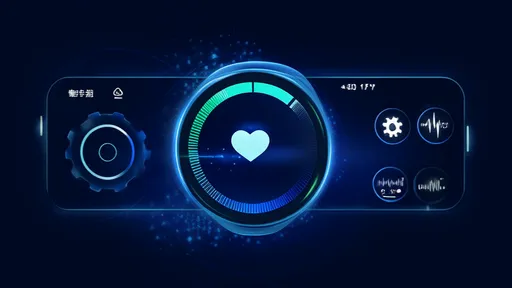
By /Aug 6, 2025
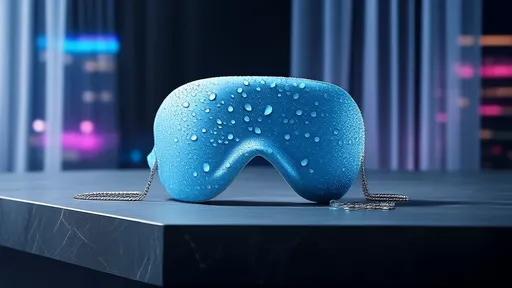
By /Aug 6, 2025
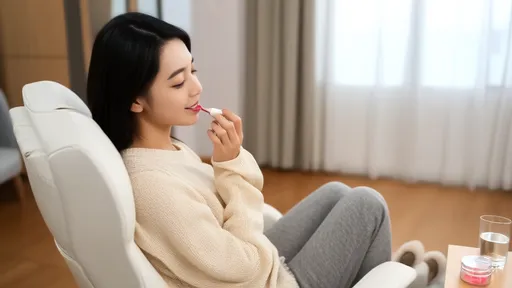
By /Aug 6, 2025
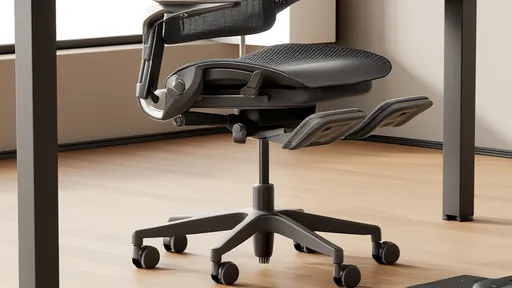
By /Aug 6, 2025
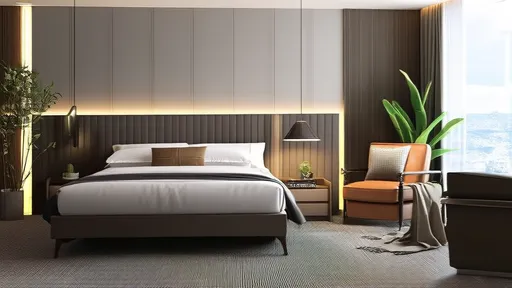
By /Aug 6, 2025
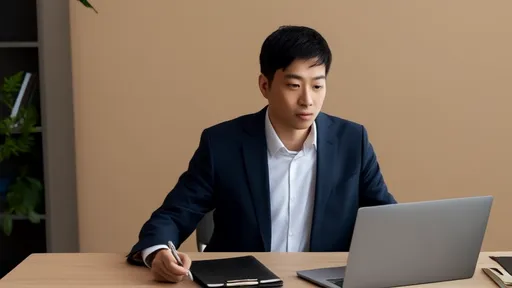
By /Aug 6, 2025
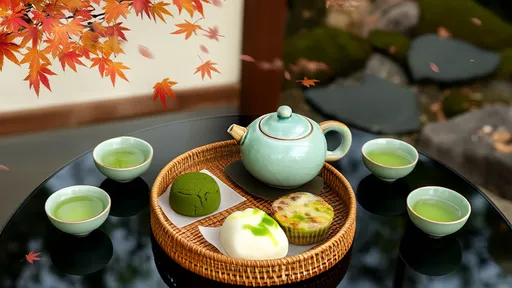
By /Aug 6, 2025
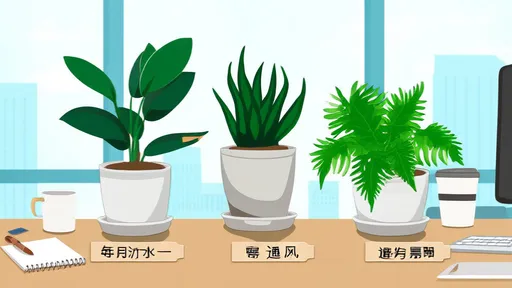
By /Aug 6, 2025
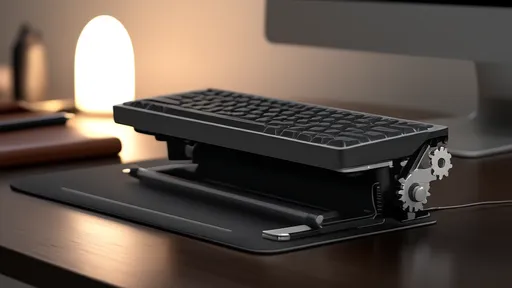
By /Aug 6, 2025
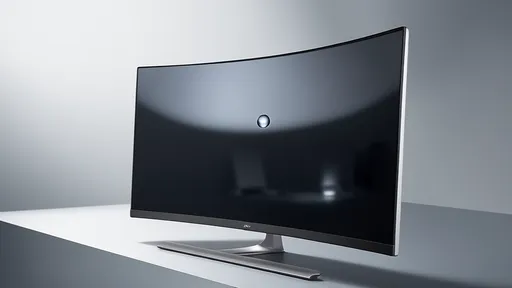
By /Aug 6, 2025
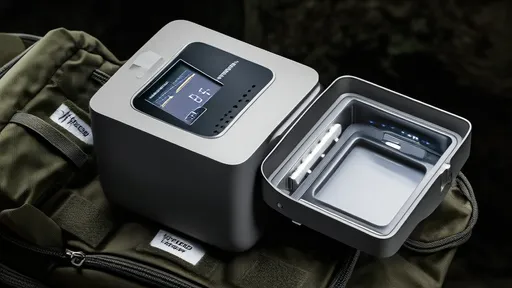
By /Aug 6, 2025
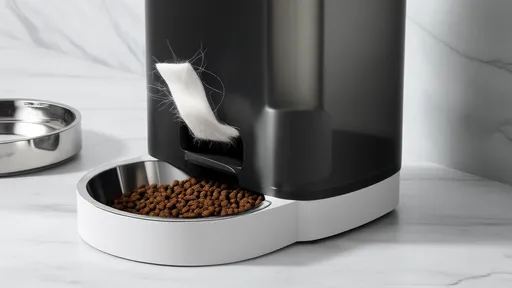
By /Aug 6, 2025
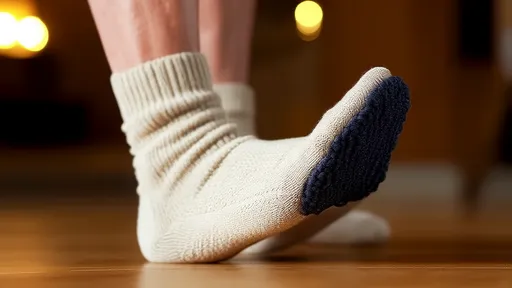
By /Aug 6, 2025
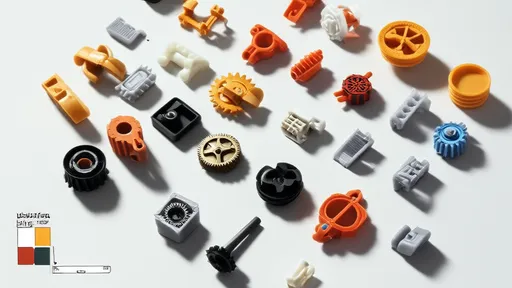
By /Aug 6, 2025
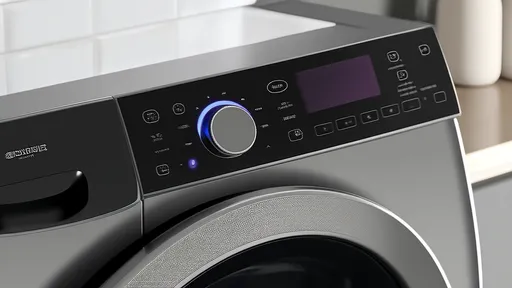
By /Aug 6, 2025
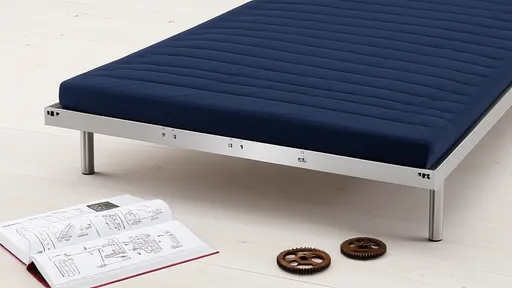
By /Aug 6, 2025
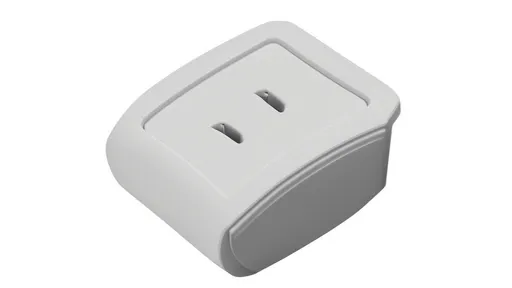
By /Aug 6, 2025
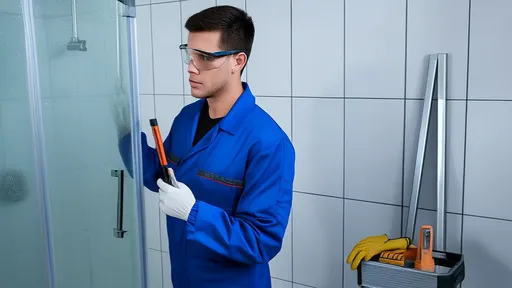
By /Aug 6, 2025
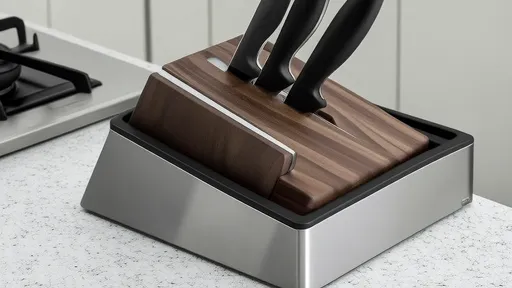
By /Aug 6, 2025
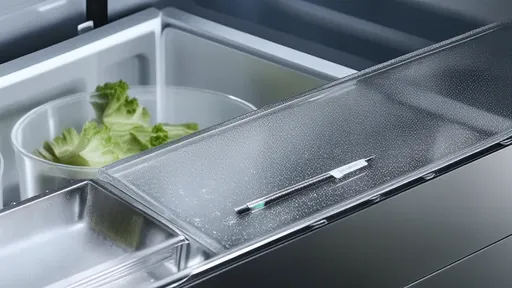
By /Aug 6, 2025